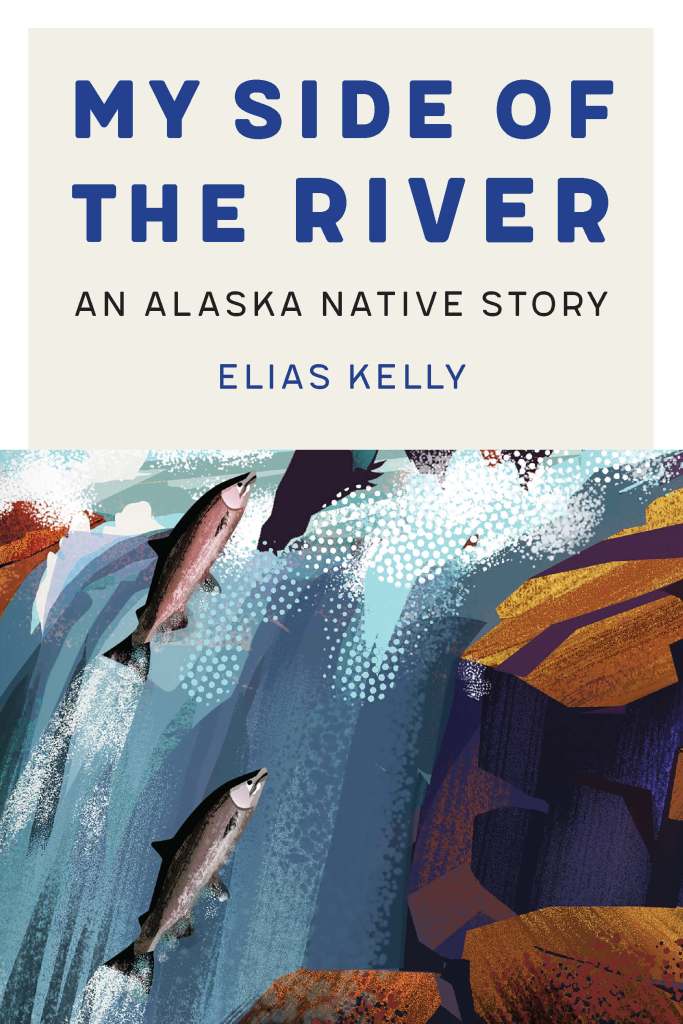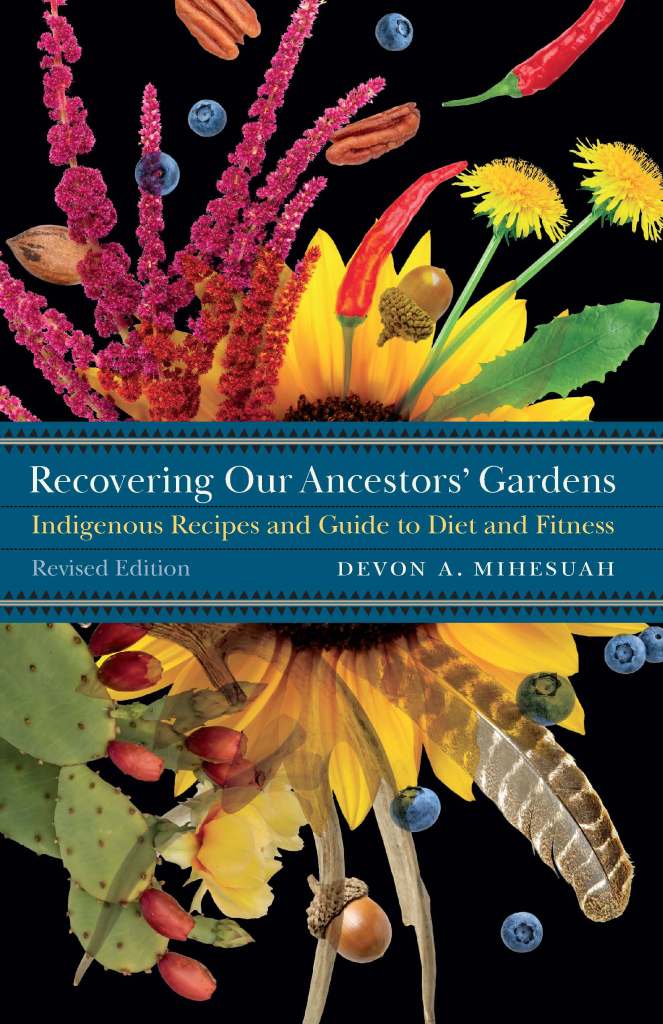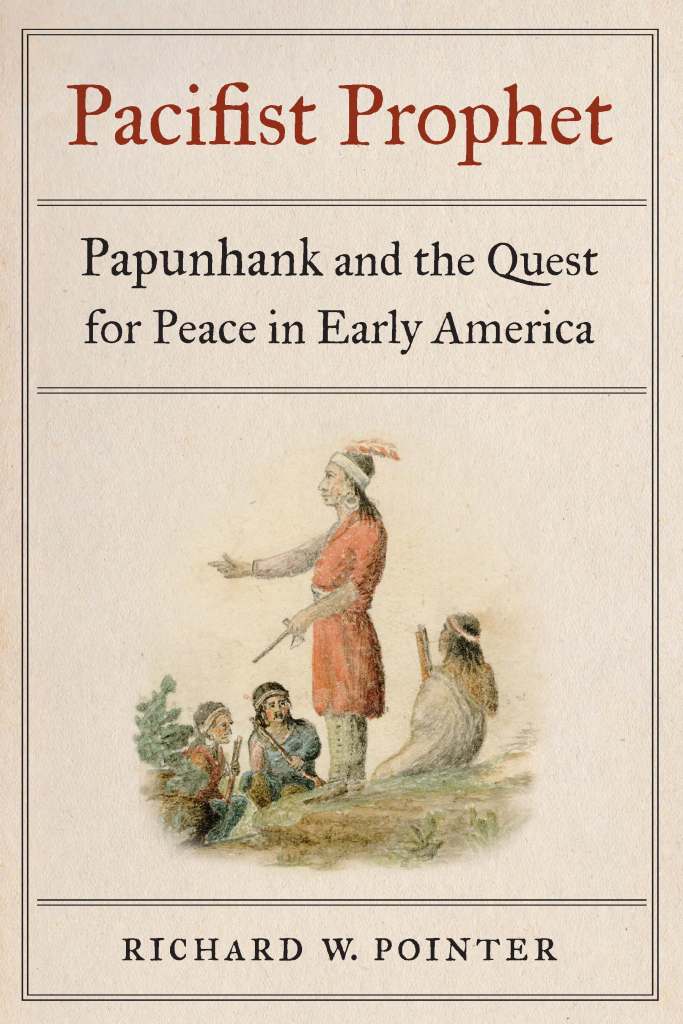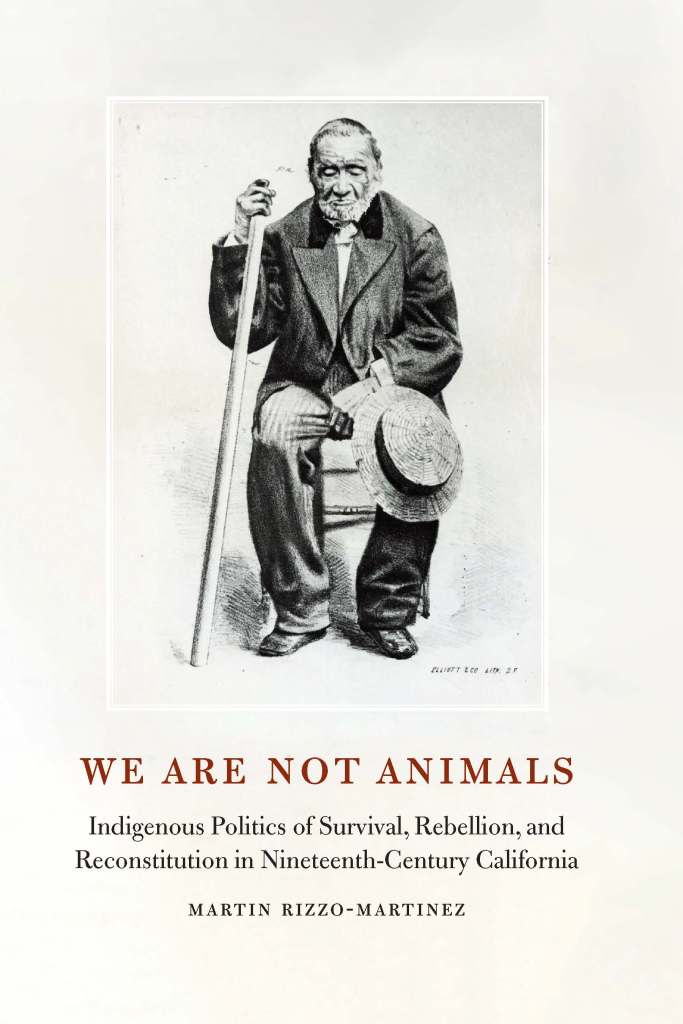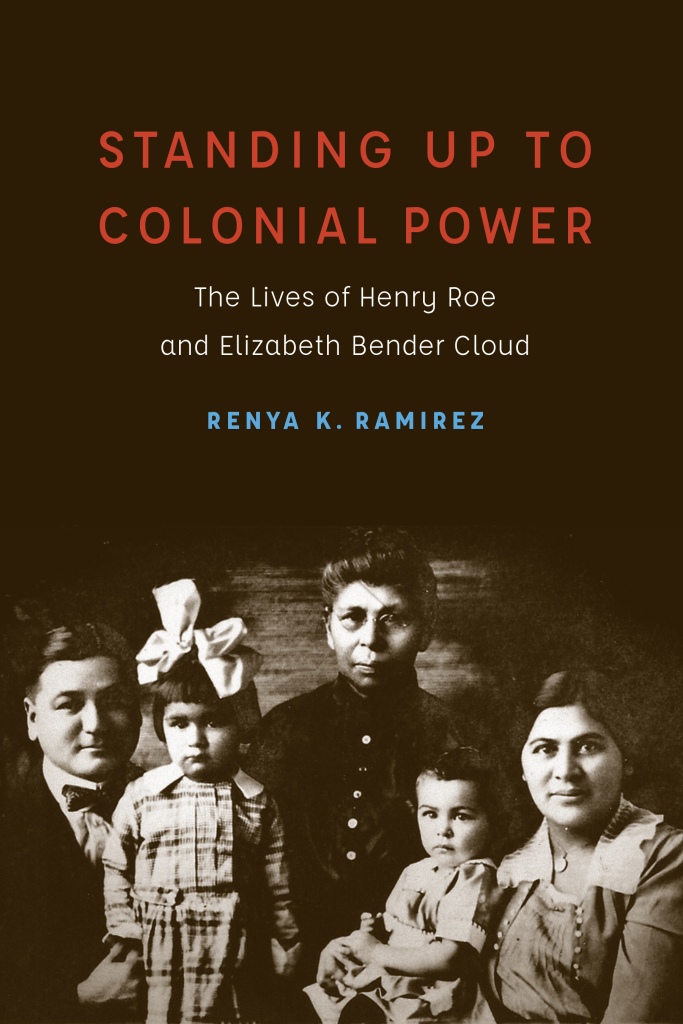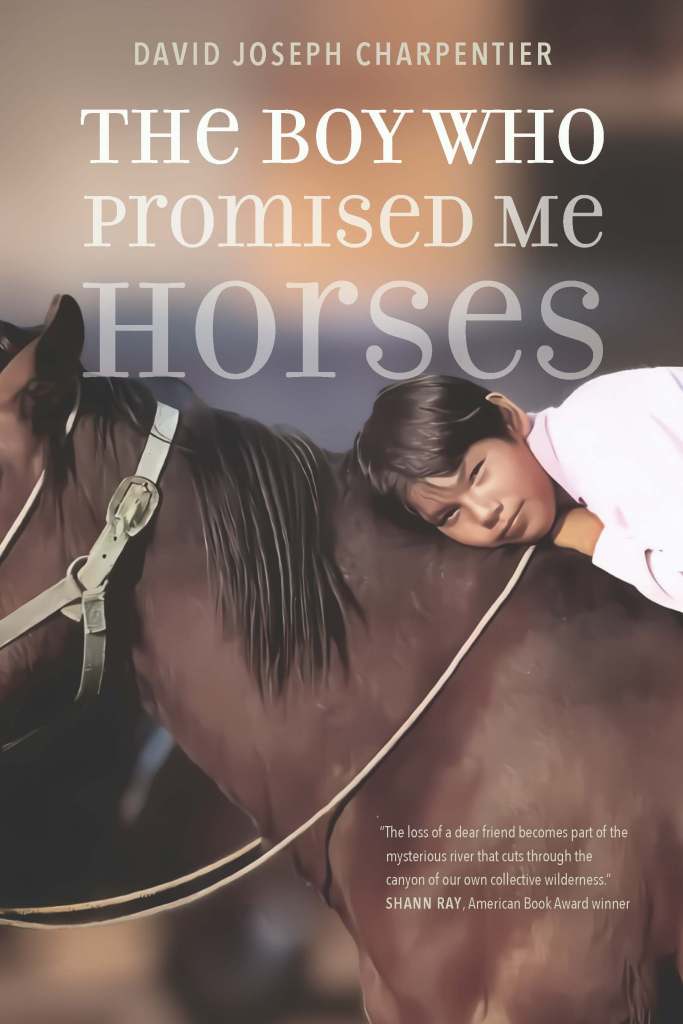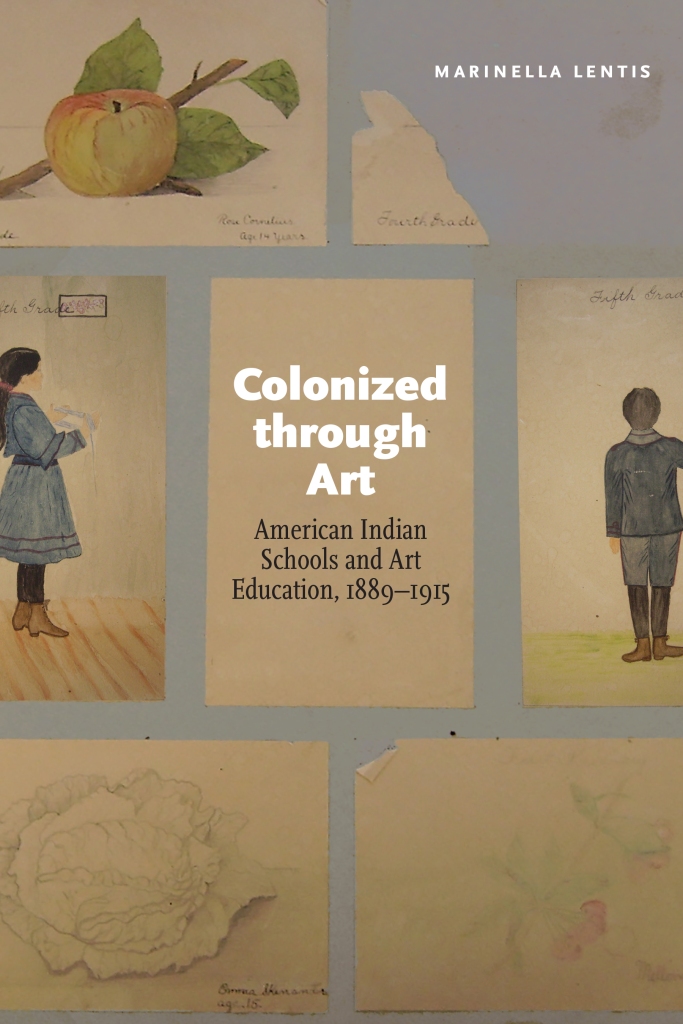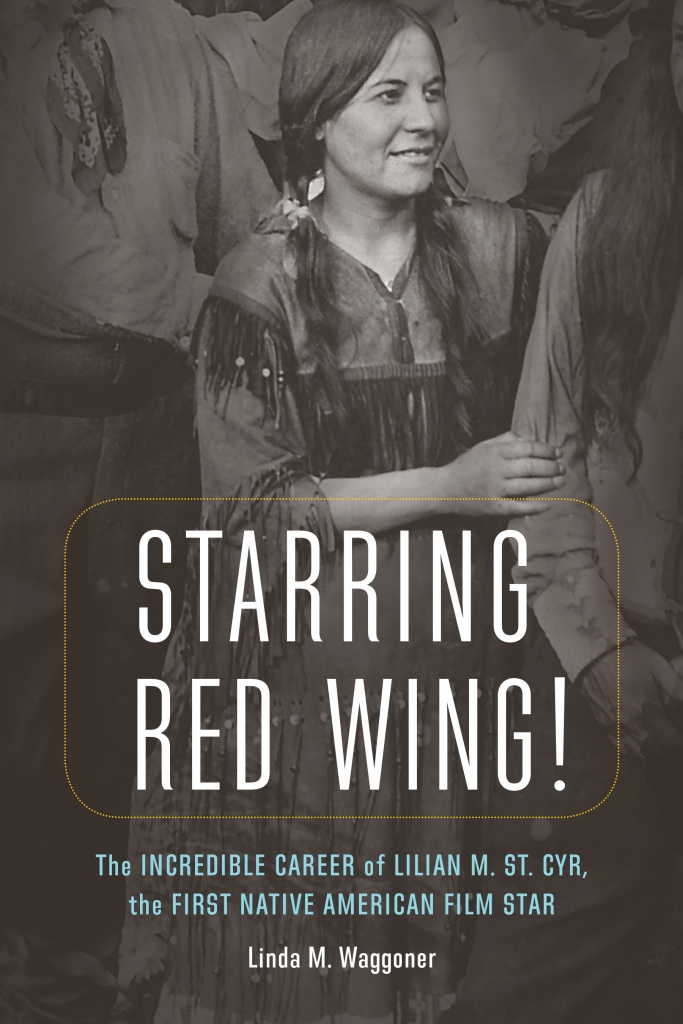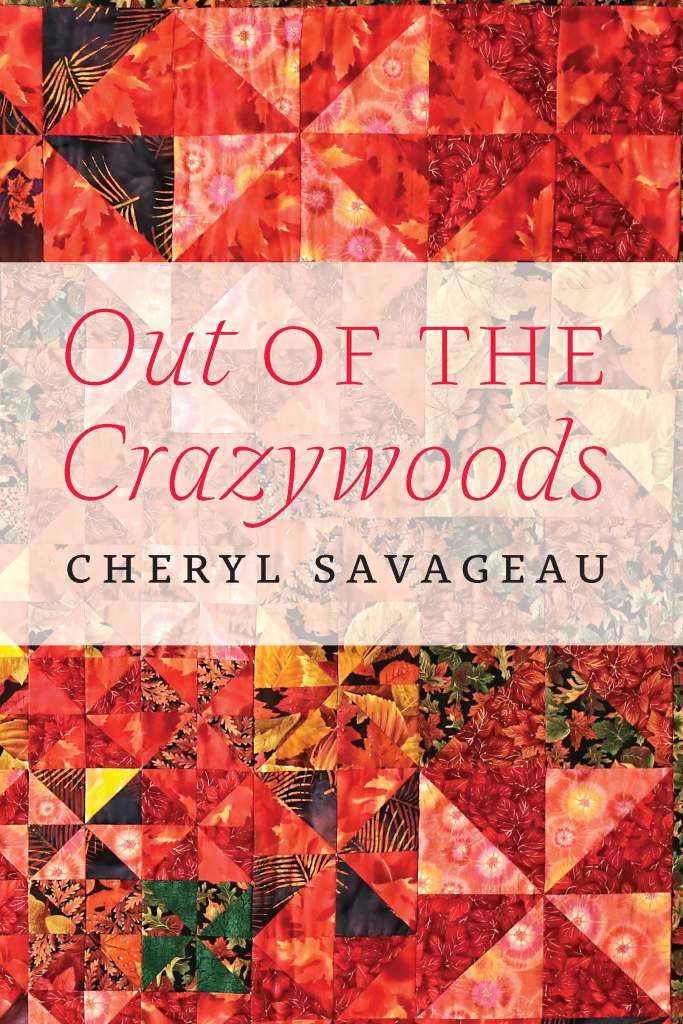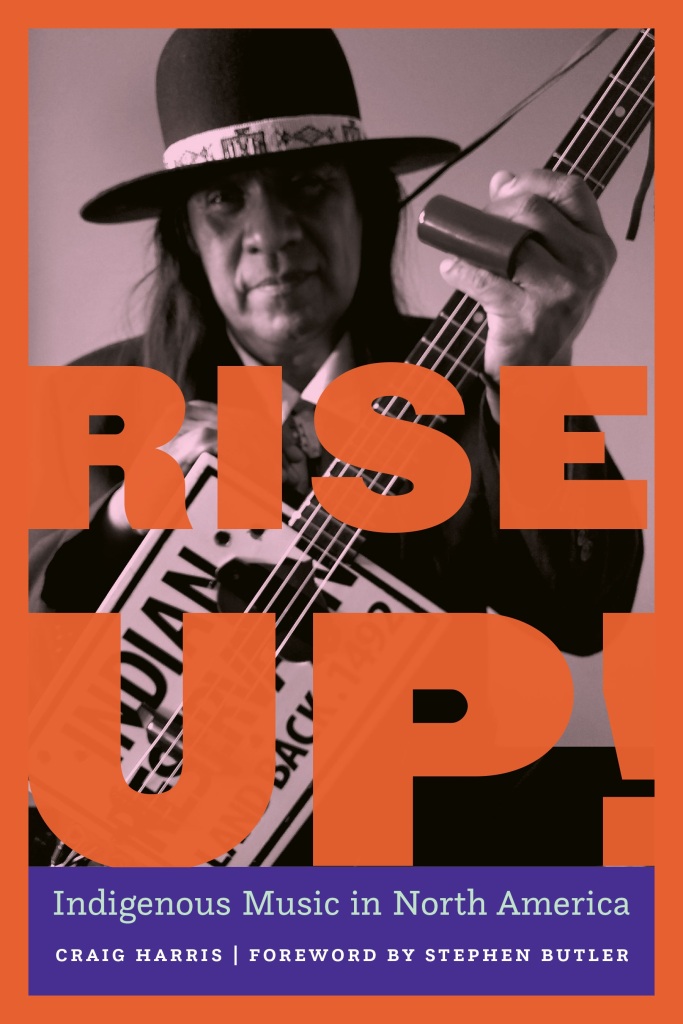Now until the end of July, thousands of UNP books are available for 50% off across multiple imprints including Nebraska, Bison Books, Potomac Books, and the Backwaters Press. Find out how to save here.
The University of Nebraska Press is the proud publisher of one of the most distinguished lists in Native American and Indigenous Studies. Spanning deft explorations of Indigenous figures, bracing memoirs and firsthand accounts, and rallying tales of activism, the books presented here are excellent additions to your summer reading list.
My Side of the River
ELIAS KELLY
In My Side of the River, agricultural specialist Elias Kelly (Yup’ik) relates how traditional Native subsistence hunting is often unrecognized by government regulations, effectively criminalizing those who practice it. Kelly alternates between personal stories of friends, family, and community and legal attempts to assimilate Native Alaskans into white U.S. fishing and hunting culture.
Recovering Our Ancestors’ Gardens
DEVON A. MIHESUAH
Recovering Our Ancestors’ Gardens features pointed discussions about the causes of the generally poor state of indigenous health today. Diminished health, Mihesuah contends, is a pervasive consequence of colonialism, but by advocating for political, social, economic, and environmental changes, traditional food systems and activities can be reclaimed and made relevant for a healthier lifestyle today.
Pacifist Prophet
RICHARD W. POINTER
Pacifist Prophet recounts the untold history of peaceable Native Americans in the eighteenth century, as explored through the world of Papunhank (ca. 1705–75), a Munsee and Moravian prophet, preacher, reformer, and diplomat. Papunhank’s life was dominated by a search for a peaceful homeland in Pennsylvania and the Ohio country amid the upheavals of the era between the Seven Years’ War and the American Revolution.
They Came but Could Not Conquer
DIANE J. PURVIS
In They Came but Could Not Conquer Purvis presents twelve environmental crises that occurred when isolated villages were threatened by a governmental monolith or big business. In each, Native peoples rallied together to protect their land, waters, resources, and a way of life against the bulldozer of unwanted, often dangerous alterations labeled as progress.
We Are Not Animals
MARTIN RIZZO-MARTINEZ
In We Are Not Animals Martin Rizzo-Martinez traces tribal, familial, and kinship networks through the missions’ chancery registry records to reveal stories of individuals and families and shows how ethnic and tribal differences and politics shaped strategies of survival within the diverse population that came to live at Mission Santa Cruz.
Standing Up to Colonial Power
RENYA K. RAMIREZ
Standing Up to Colonial Power shows how Henry and Elizabeth Bender Cloud combined Native warrior and modern identities as a creative strategy to challenge settler colonialism, to become full members of the U.S. nation-state, and to fight for tribal sovereignty. Renya K. Ramirez uses her dual position as a scholar and as the granddaughter of Elizabeth and Henry Cloud to weave together this ethnography and family-tribal history.
The Boy Who Promised Me Horses
DAVID JOSEPH CHARPENTTIER
A teacher and mentor to students at St. Labre Indian School, David Joseph Charpentier details the joys, dangers, and complexities of life on the Northern Cheyenne Reservation in this thoughtful tribute to one of his students, Maurice Prairie Chief.
Colonized through Art
MARINELLA LENTIS
Colonized through Art explores how American Indian schools taught children to abandon their cultural heritage and produce artificially “native” crafts that were exhibited at local and international fairs. The purchase of these crafts by the general public turned students’ work into commodities and schools into factories.
Starring Red Wing!
LINDA M. WAGGONER
This epic biography brings the exciting career, dedicated activism, and noteworthy legacy of Ho-Chunk actress Lilian Margaret St. Cyr vividly to life. Known to film audiences as “Princess Red Wing,” St. Cyr emerged as the most popular Native American actress in the pre-Hollywood and early studio-system era in the United States.
Out of the Crazywoods
CHERYL SAVAGEAU
Out of the Crazywoods is the riveting and insightful story of Abenaki poet Cheryl Savageau’s late-life diagnosis of bipolar disorder. Without sensationalizing, she takes the reader inside the experience of a rapid-cycling variant of the disorder, providing a lens through which to understand it and a road map for navigating the illness. The structure of her story—impressionistic, fragmented—is an embodiment of the bipolar experience and a way of perceiving the world.
Rise Up!
CRAIG HARRIS
Music historian Craig Harris explores more than five hundred years of Indigenous history, religion, and cultural evolution in Rise Up! Indigenous Music in North America. Combining deep research with personal stories by nearly four dozen award-winning Indigenous musicians, Harris offers an eye-opening look at the growth of Indigenous music.
For further reading, check out our Native Literatures of the Americas and Indigenous World Literatures, American Indian Lives, and Native Storiers series.

